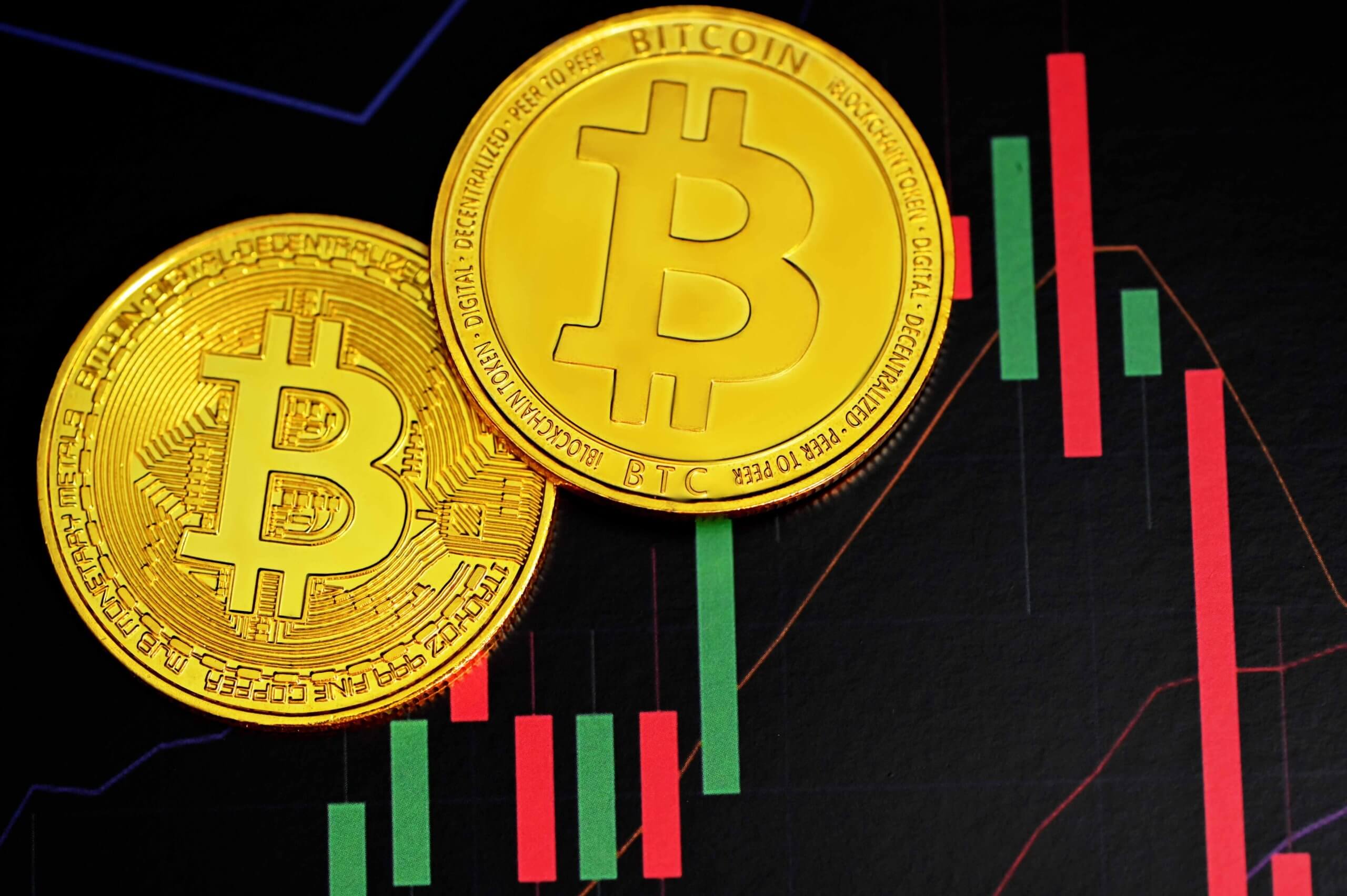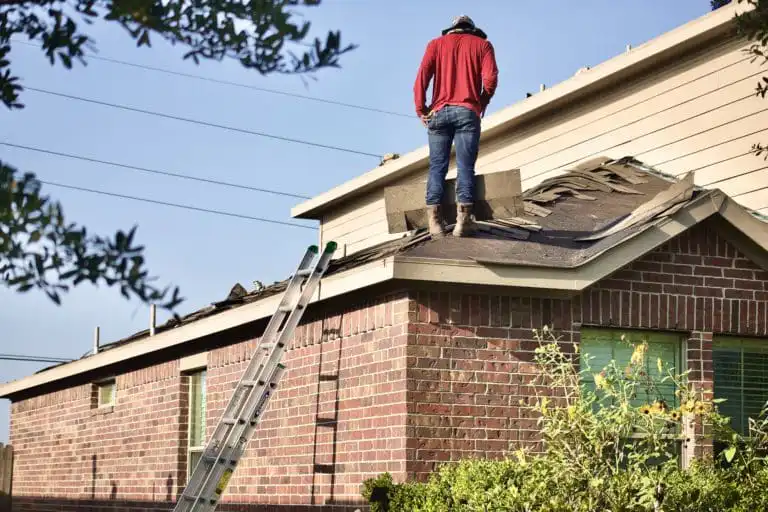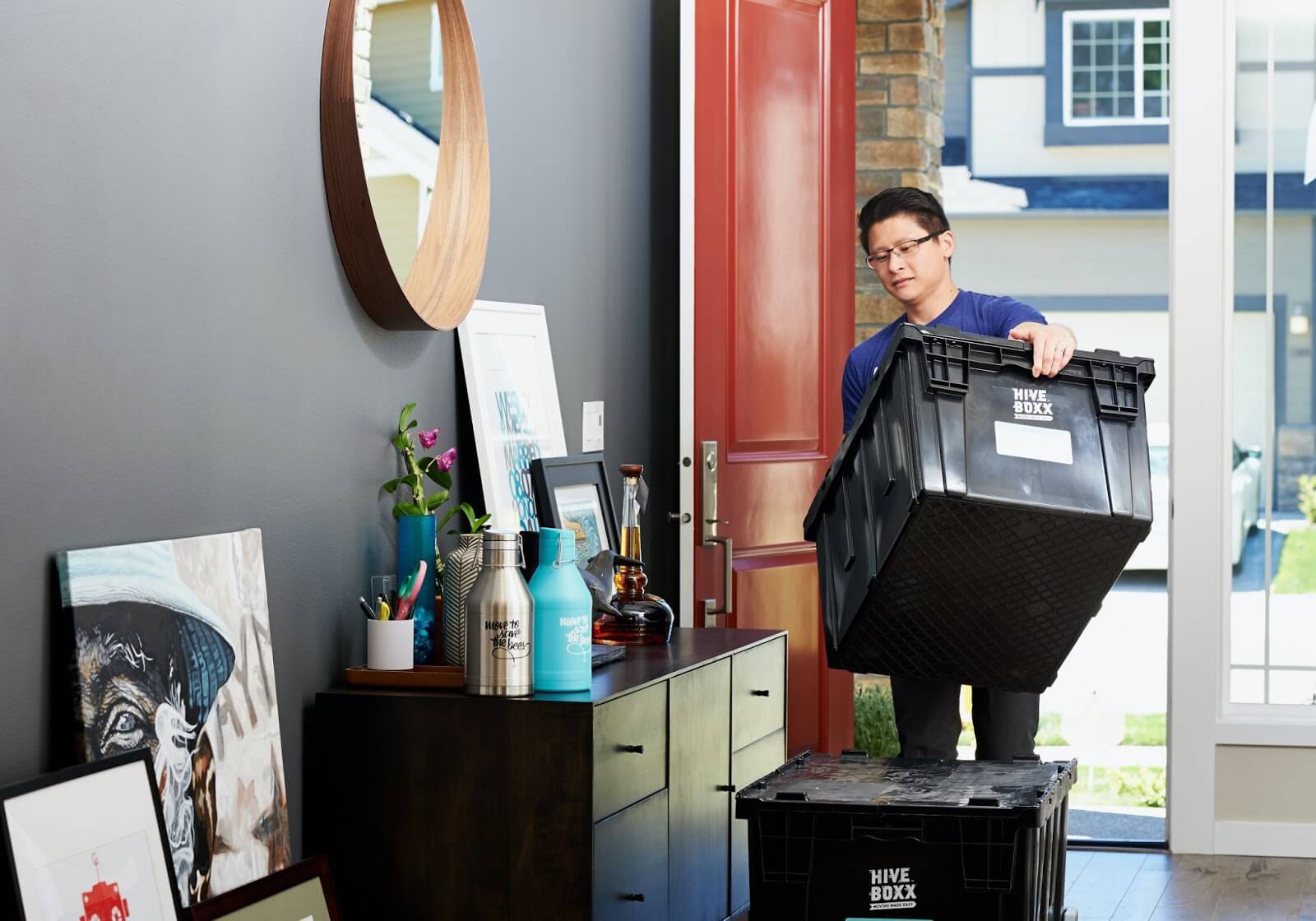Following a price peak in late 2017 and a subsequent decline in popularity, cryptocurrencies such as Bitcoin have enjoyed yet another big spike in 2019 and 2020, surpassing previous all-time highs.
Photo by Executium on Unsplash
As a result of this, the number of publicized hacking events has increased as well. Because many investors are new to the system and may not know how to keep their capital safe, hackers are devising new ways to steal money. Some of the most visible thefts have occurred in plain sight: some hacks have even publicly redirected tokens headed for one wallet to another. The captives are powerless to stop their badges from being taken from you.
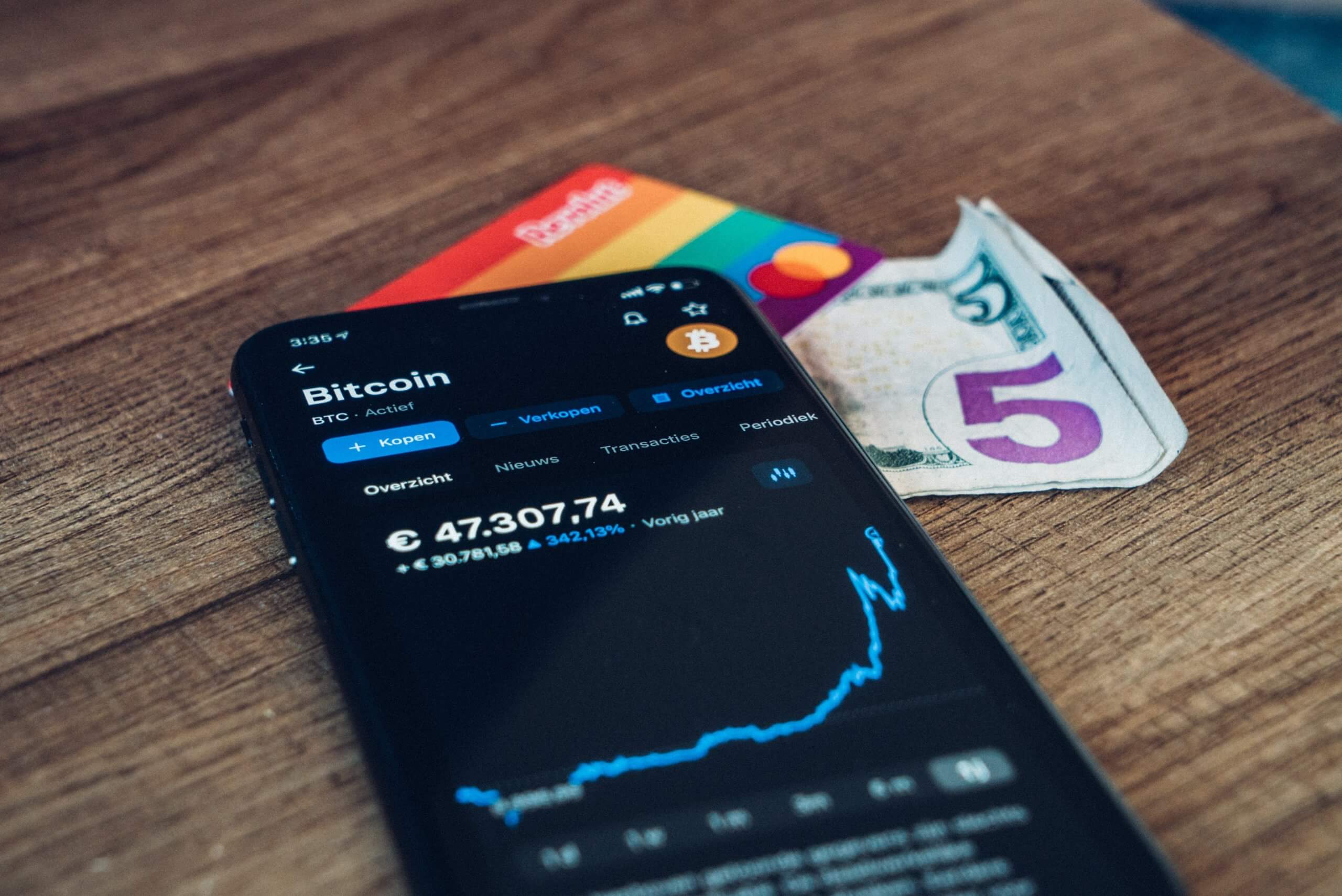
Points to Remember
- Users might lose btc and other digital tokens due to theft, computer malfunction, loss of admission keys, and other circumstances.
- Although cold chain (also known as simply offline clients) has been one of the safest ways to keep cryptocurrency and it is not accessible through the internet, some users may find hot wallets beneficial.
- Those looking for such the safest solution for protracted Virtual currency storage need to use a digital wallet.
Bitcoin transactions are stored in a pocketbook payment system its same way that cash and credit cards are. It’s feasible to use a handset mobile wallets or a blog wallet. To keep the secret key and access credentials safe, the wallet can be saved on a mobile device, a desktop, or printed on paper. Are any of these digital wallets, however, safe? The answer to this question is determined on the way the user administers his or her wallet. Without a set of private keys, which are held throughout every wallet, a btc owner cannot access the currency. Individual users losing or having thier private keys stolen is the most serious threat to bitcoin stability. Unless she possesses the secret key, the victim will never see her money again. So it is very important to take precautions with for your crypto, be it a coin, wallet, or even mining, such as Helium Mining.
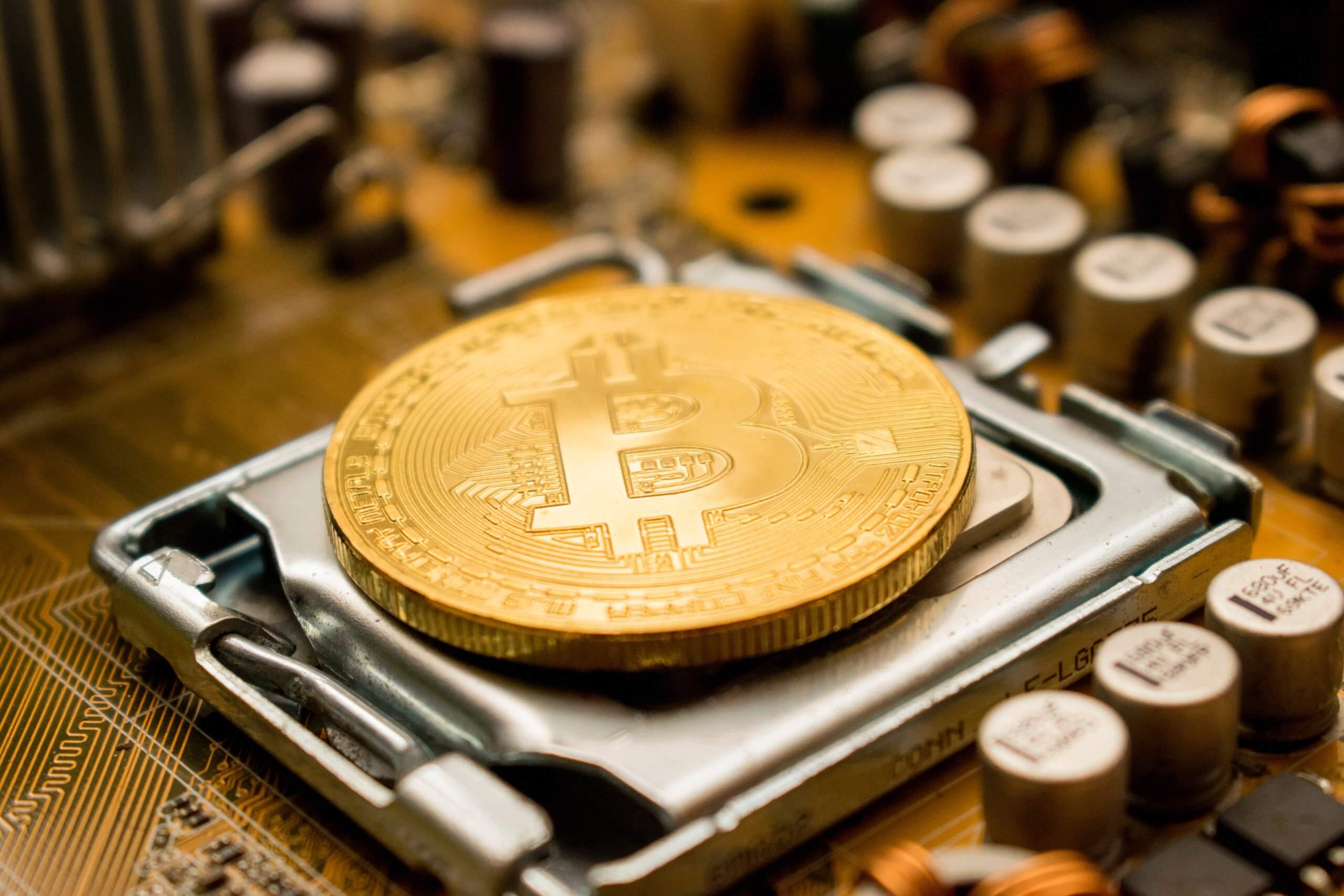
We’ll look at some of the finest ways to safely keep bitcoin in the sections below.
Wallet on Fire
A word for merchant accounts is “hot” wallets. Hot banks are intertubes devices such as PCs, cellphones, and tablets that function as digital wallets. This can represent a problem since those wallets produce the secret key to your money on these world wide web gadgets. While a hot wallet is extremely useful in terms of permitting you to see and manage your assets instantaneously, it is also insecure.
It’s critical to recognize the difference between having cryptocurrency in an exchange wallet and keeping it in your individual wallet. Exchange wallets are custodial funds provided by the exchange. The user of this account type does not have access to personal information for the bitcoin stored in it.
the most of your assets to your own “cold” wallet (explained below).
While these wallets are connected to the internet, offering a possible attack vector, they are nonetheless incredibly handy for making transactions or trading cryptocurrencies swiftly.
Cold Wallet
It is also critical to recognize the difference between owning cryptocurrency in an exchanger purse and keeping it in your individual wallet. Swap wallets are custodial accounts provided by the exchange. The user of this bitcoin wallet type does not have access to personal information for the bitcoin stored in it.
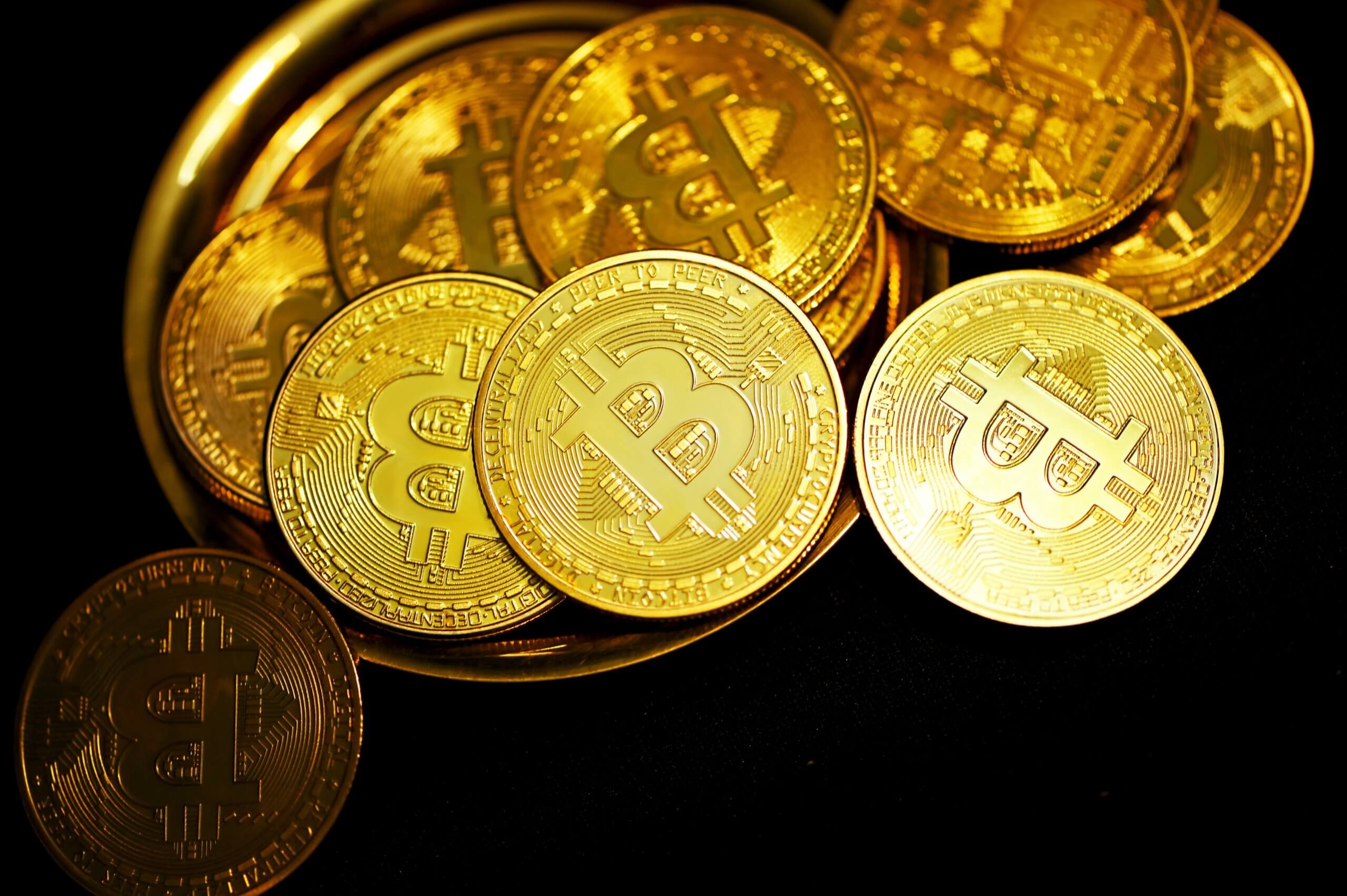
You should take the majority of the assets into you “cold” checkbook (explained below).
While digital wallets are connected to the internet and thus provide a potential attack vector, they are nevertheless quite useful for quickly making transactions or trading bitcoins.
A handwritten wallet is perhaps the safest way to keep currency offline. A paper wallet is a sort of chilled wallet that may be made with the help of specific websites. It then generates keys, which you can take out. You can only access the cryptocurrencies at these sites if you have that slip of paper. Many people laminate these cardboard wallets as deposit them in some kind of a safe deposit box at their bank or in their home safe. Paper wallets have no user experience other than a sheet and the ledger.
The correct option to store Crypto currencies is in a cold wallet. Building them up, on the other hand, generally needs a little more expertise. Anyone interested in bitcoin should be aware of the importance of storage facilities and the distinctions in heated and cooled wallets.
Physical Coins
Actual Coin Services are surfacing, allowing Bitcoin investors to purchase physical Bitcoins. A tamper-proof sticker covering a specified quantity of Bitcoin will be attached to the coin you purchase. Due to the cost of the coin’s creation and shipment, you may need to pay a tiny premium above the value of the Bitcoin you’re buying to purchase the physical coin.
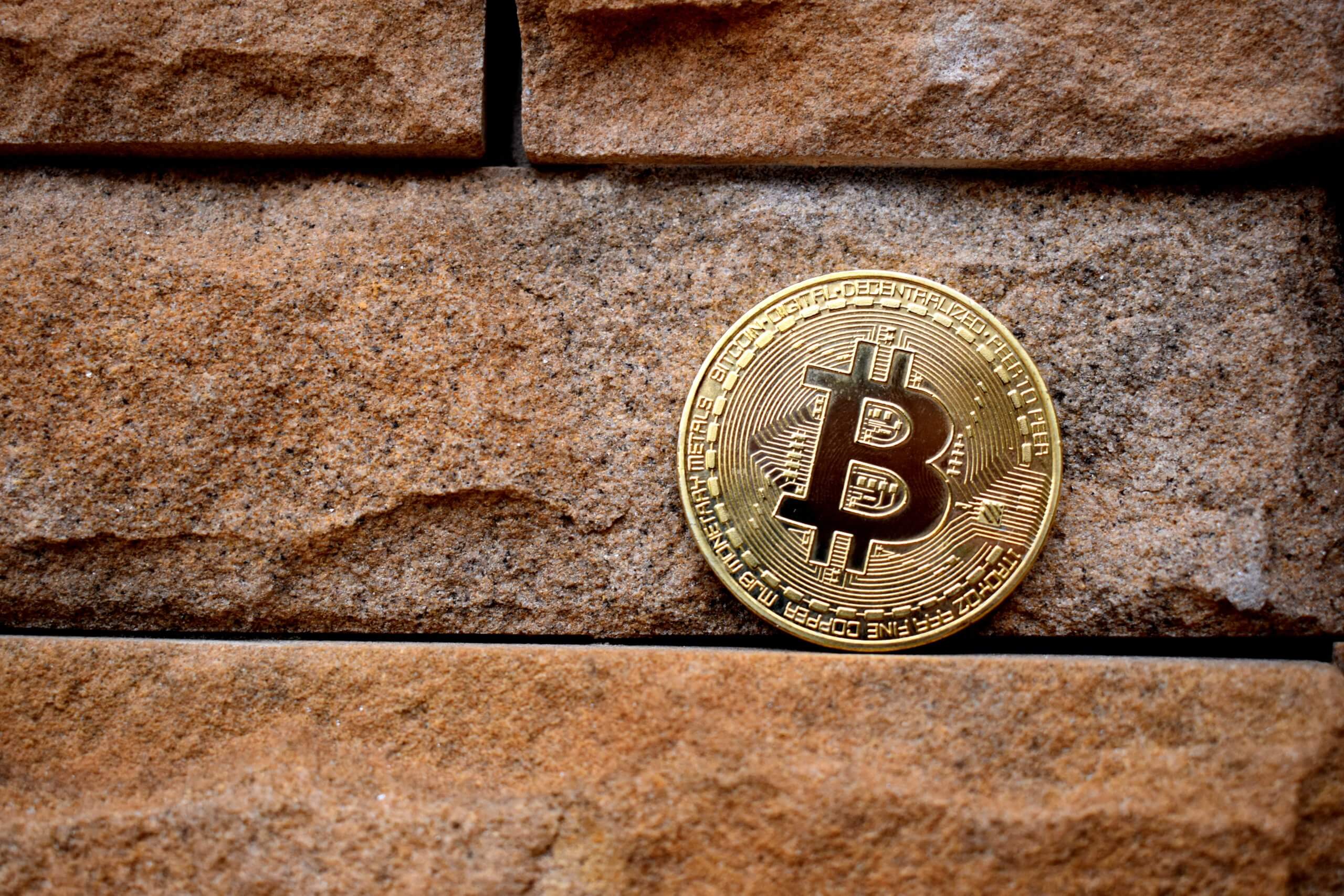
Other Security Measures
Backup
Recover your full bitcoin wallet frequently and early. In the event of a computer breakdown, a background of regular backups may be the only way to restore the currency in the digital wallet. Ensuring that all wallet.dat files are backed up and hidden in several secure facilities (like on a USB, on the hard drive, and on CDs). On the backing, encrypt data as well.
Updates to Software
Maintain the most recent version of your program. Hackers may target a wallet that isn’t running the latest bitcoin software. The most recent version of wallet software will have a superior security system in place, ensuring that your bitcoins are protected. Because of the strengthened security of the wallet, if your software is updated with the newest security fixes and protocol, you may be able to avoid a major crisis. Most of the wallets use app shielding and other safety techniques. Update your mobile device’s or computer’s operating systems and software on a regular basis to keep your bitcoins safe.
Multi-Signature
The principle of an inter has made headway; it requires getting approval from a group of people (say, 3 to 5) before completing a transaction. As a result, because transactions cannot be taken out by a single controller or server, the risk of theft is reduced (i.e., sending bitcoins to an address or withdrawing bitcoins). The people who can transact are elected at the beginning, and any time one of them wants to spend or transfer money, the others of the party must confirm the move.

